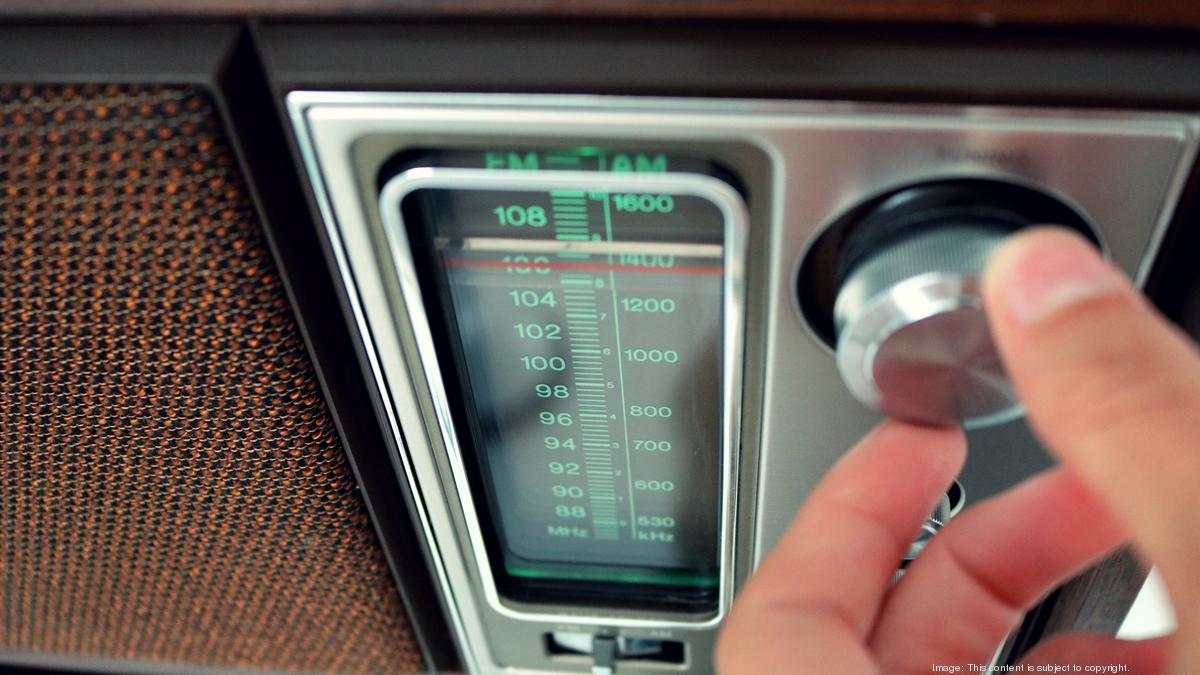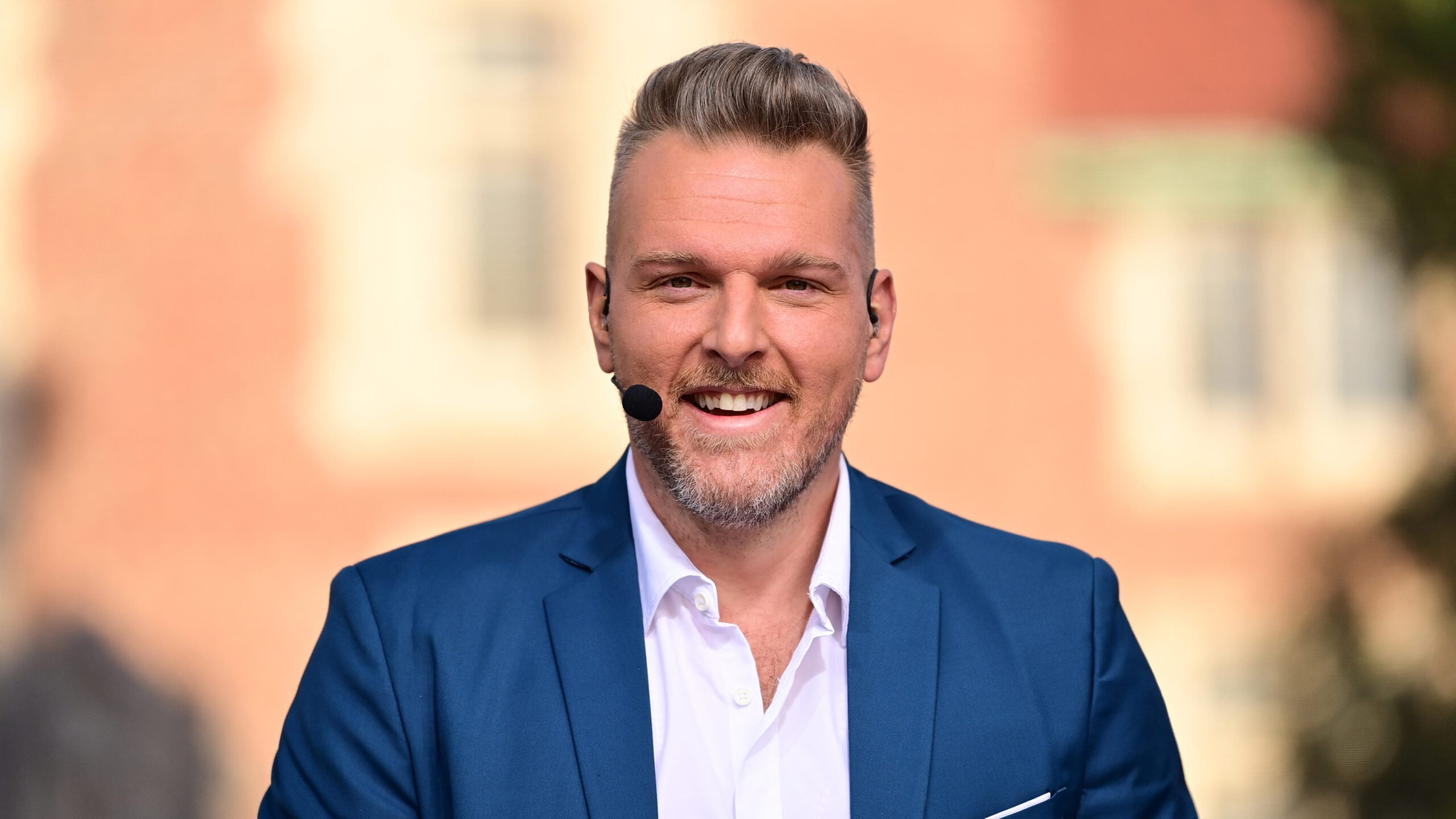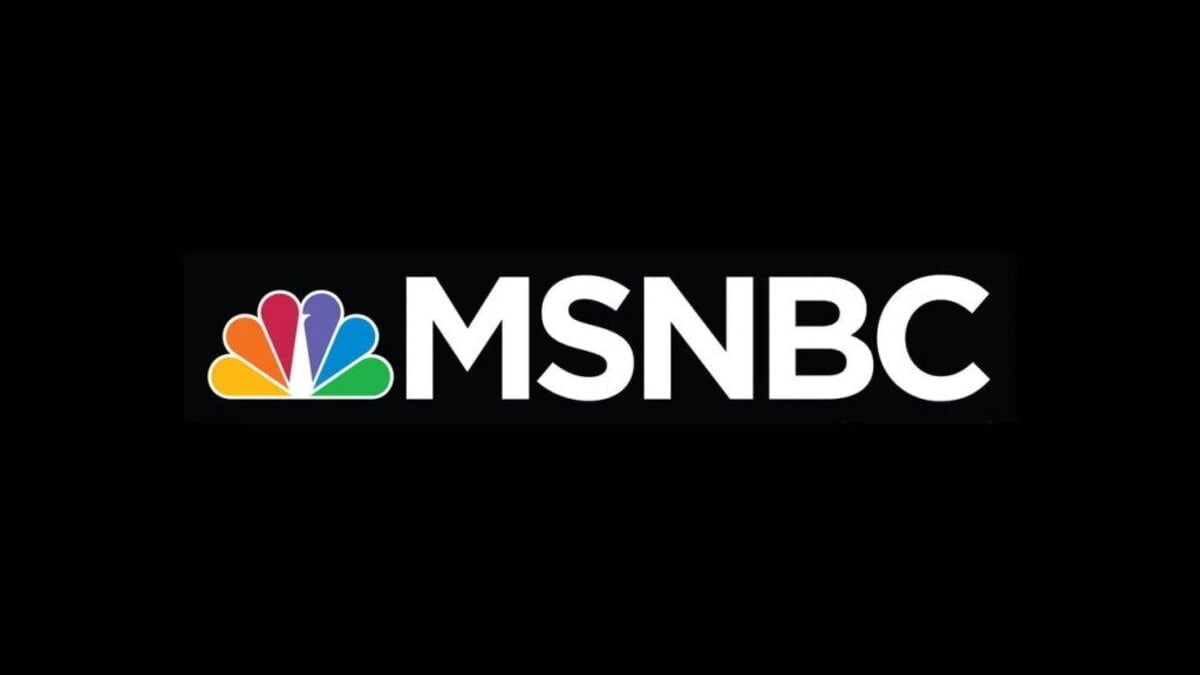The hardest part of writing a weekly column for a site like this is coming up with an interesting topic. Every week, I look through the radio trades for anything that piques my interest or challenges my thoughts about the industry. I listen to stations in various formats to find anything innovative and different, and I read a variety of thought leaders.
This week, I found articles previously written by two of my mentors, Lee Abrams and Fred Jacobs.
The first was a 2006 memo Lee Abrams wrote about the development of XM Satellite Radio.
Abrams is one of the great thinkers and innovators of Rock Radio. I met Lee when I was 16 years old at the first NAB Radio Programming Conference. He inspired my career goal to become a consultant. What he wrote in 2006 remains as viable today as it was then – with a few nods to technology.
The second is a repost of a Jacoblog from October 2021 entitled “What if I Don’t Have A Favorite Radio Station?”
Jacobs accurately describes himself as “something of a ‘data-whisper.’” It’s no exaggeration; I saw it firsthand when Fred helped me reach that career goal at 26 and hired me in my first consulting role.
Listening to stations across the country and reading the latest radio news on their websites or in the trades, I can’t help thinking about what Jacobs wrote two years ago. What have these stations done to earn loyalty? Sadly, the answer is almost always “not much.”
I have friends in positions ranging from the group level to part-time air talent. Many are frustrated because they have greatness in them going unused. They just don’t have the time (either in the day or to let an idea grow), resources, corporate backing, or a host of other reasons to do the things they’d like to and are capable of doing.
Many of these people are hanging on as best they can as total listening continues to shrink, and people under 35 have given up on the medium.
In his XM memo, Abrams lays out the three-strike cliché rule. If you used three clichés, you were out. I’m taking a strike to wonder whether anybody has thought about their station’s “value proposition” lately.
Sorry, Lee.
It’s been a long time since giving a station 22 minutes and they’d give you the world – mattered. Same with traffic and weather together on the twos. In our on-demand world, people get the specific news, traffic, and weather they want, as needed – better than radio can deliver.
Perhaps live sports events are the best reason to tune in to a station. However, the leagues all have apps fans can listen on and, in most cases, watch any game they want. What used to be a reasonably exclusive arrangement for local radio stations is now available through so many different apps and services that it’s watered down the value of rights that usually lost money for local stations to begin with.
The sports format revitalized signals in many markets when Jeff Smulyan took a chance with the idea and went with WFAN in New York. I’ll admit, I didn’t get “The Wave” when it first signed on in Los Angeles, but others did, and the format also created opportunities for dozens of signals across the country. Jacobs not only contributed to the Classic Rock format but then did a 180 and returned with The Edge after seeing the beginning of the Alternative music juggernaut.
Sports, New Age/Jazz, Classic Rock, and Alternative formats have something in common: each was born in the 1980s and prospered in the early 1990s. What’s new since then?
A shout out to my third mentor, John Sebastian, and his WOW-Factor in Phoenix, AZ. I wish the station were streaming so more people would rip him off again!
Many people became P1 listeners to stations because of their personalities. Over the past few years, many bigger-than-life personalities have been casualties of budget cuts or retired. When Mike (Francesa) and The Mad Dog (Chris Russo) debuted on WFAN in 1989, they changed the dynamic of sports talk radio. Previously, sports shows took calls and offered trivia. Mike and the Mad Dog gave their opinions and hot takes on the day’s sports news and quickly took the market by storm. They also created the template duplicated at Sports Radio stations nationwide.
When I arrived at WIP, I was struck by a Philadelphia Inquirer article that said: “Every morning, Angelo Cataldi sets the agenda for sports fans in the Delaware Valley.” It was absolutely true. With due respect to his successors, it’s doubtful any other radio personality will ever set the sports agenda in Philadelphia again.
On Talk Radio, Rush Limbaugh set the agenda for conservatives while driving liberals crazy. Rush created the template still employed by hundreds of talk show hosts nationwide. Since his passing, nobody has filled his shoes.
Time Magazine once quoted me when I said introducing Howard Stern is “like dropping a nuclear bomb on a market.” Is there any nuclear weapon left in radio? Could a nuclear-active talent survive for a week on the air today – even without racist or sexist humor? Is the truth too toxic? Is there an executive left like Mel Karmizin with the chutzpah to take on million-dollar FCC challenges in the name of freedom of expression?
Looking back to the 1980s, radio had (at the risk of using another cliché and taking another strike) so many “disruptors” (before there was such a word): Rush revitalizing the AM band, Howard reinventing morning drive, and the theories of local radio, new formats. In the past 15 years, so many creative and talented radio pros have gone elsewhere and created inspiring content on new distribution channels while radio slowly dies.
No wonder so many people no longer have a favorite radio station. It’s sad.
Andy Bloom is president of Andy Bloom Communications. He specializes in media training and political communications. He has programmed legendary stations including WIP, WPHT and WYSP/Philadelphia, KLSX, Los Angeles and WCCO Minneapolis. He was Vice President Programming for Emmis International, Greater Media Inc. and Coleman Research. Andy also served as communications director for Rep. Michael R. Turner, R-Ohio. He can be reached by email at andy@andybloom.com or you can follow him on Twitter @AndyBloomCom.







